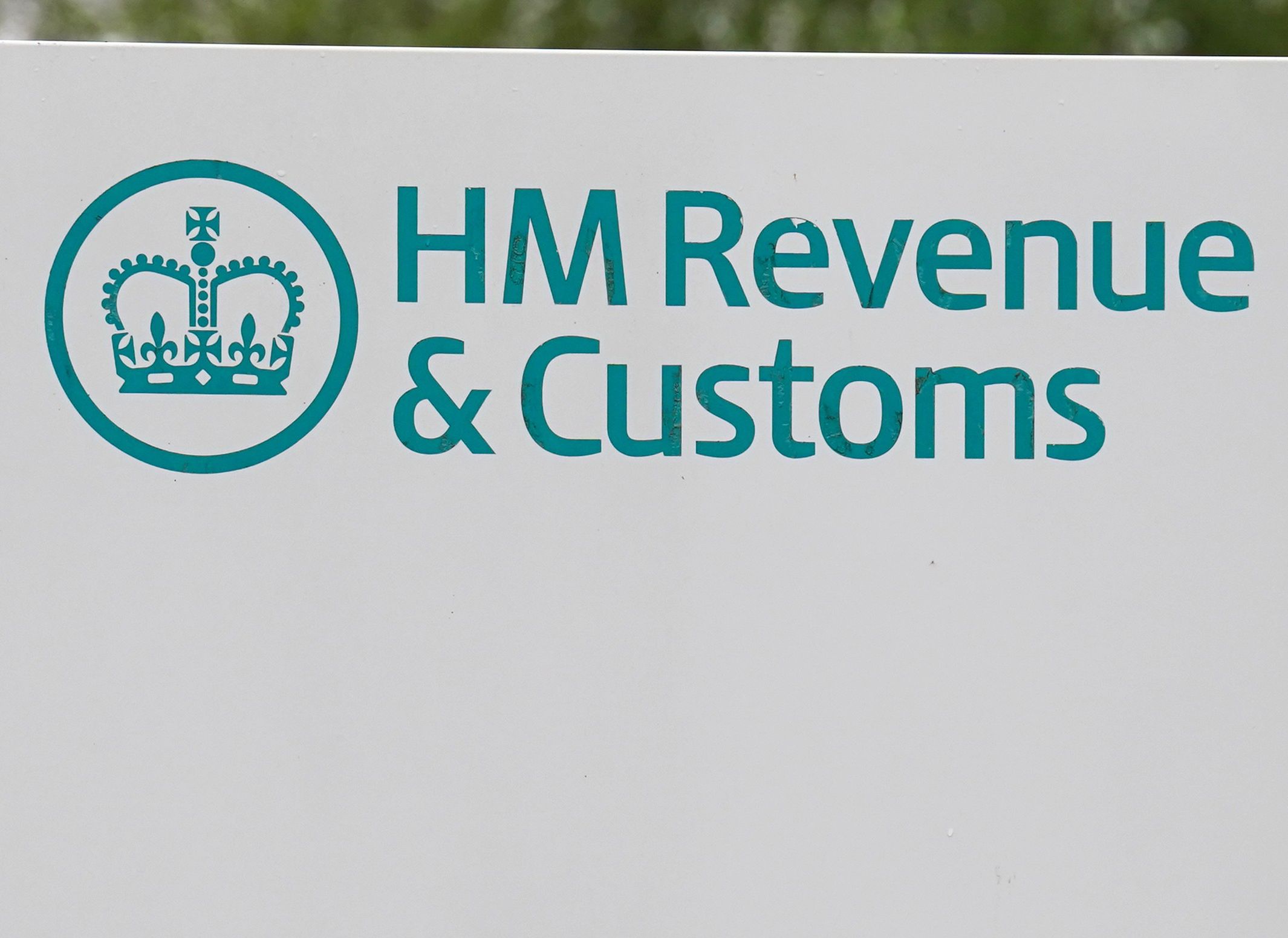Selling unloved Christmas gifts? Beware big tax bill as new rules affecting eBay, Vinted and Etsy take effect

HMRC says the measure will allow tax authorities to detect and tackle tax evasion
|GETTY

People making money from selling second-hand goods or renting out a room on Airbnb could be affected
Don't Miss
Most Read
Britons selling unwanted Christmas gifts or unloved items stashed in the loft are being warned they could end up paying tax under a New Year clampdown.
As of yesterday, new rules came in which require digital platforms such as eBay, Etsy, Vinted, Amazon and Airbnb, to share seller information with HM Revenue and Customs (HMRC).
Dubbed the side hustle tax, HMRC says the measure will allow tax authorities to detect and tackle tax evasion, while also levelling the playing field with how traditional businesses are treated for tax purposes.
The threshold for earnings from online side hustles is set at more than £1,000 a year, due to the trading allowance.

People selling old clothes on Vinted or eBay could be at risk of a big tax bill if they breach the trading allowance
|GETTY
If the income from these ventures is above this, online sellers must register as self-employed and file a self-assessment tax return at the end of the financial year.
If the gross trading income is £1,000 or less a year, side hustlers might not need to report it to HMRC. More information on the circumstances when a person must register for Self Assessment and declare their income on a tax return can be found on Gov.uk.
HMRC could already request information from UK-based digital platforms, but Britain has signed up to new rules that came into effect at the start of this year via the Organisation for Economic Cooperation and Development (OECD).
It allows the HMRC to share information with other tax authorities to access data from platforms based outside the UK.
Online platforms will need to report seller information directly to HMRC under the rules, but not until the end of January 2025.
It includes information such as tax ID, bank account details, plus the amount and number of transactions made by sellers with sizeable trading activity.
The rules apply to digital apps and platforms, including website providers to third-party sellers.
It covers the sale of goods and services, such as handmade or second-hand clothes and items, as well as taxi hire, food delivery, freelance work, and the letting of short-term accommodation or driveway parking.
Mike Parkes, the technical director at GoSimpleTax, warned people might not realise they are on track to breach the trading allowance.
LATEST DEVELOPMENTS:

Online platforms will need to report seller information directly to HMRC under the rules, but not until the end of January 2025
|PA
He said: “Earning £1000 in a year might seem like a large amount, but that can easily be exceeded if you earn more than £84 a month across a year.
“Selling large items, second-hand designer clothes and accessories or even unwanted baby clothes could see this capped amount of casual income easily be met, and many won’t realise that they need to be liable for tax and income payments to HMRC if they earn above this limit set by the Government.
“Putting money aside for tax throughout the year is the best way to ensure you’ll be prepared for when it’s time to complete a Self Assessment tax return, which is due by January 31.”
An HMRC spokesperson said: "These new rules will support our work to help online sellers get their tax right first time. They will also help us detect any deliberate non-compliance, ensuring a level playing field for all taxpayers."
Adam Jay, chief executive of the second-hand marketplace platform Vinted, said he doesn't think many of their sellers will be affected.
He told the BBC: "It's actually quite a small proportion of users of our platform who will trigger this threshold where we need to provide information."
Companies won't be asked to share data about sellers who make fewer than 30 transactions or €2,000 (£1,735) a year, under the rules set out by the OECD.
Mr Jay said: "It's only those people who are making a profit from selling second-hand items that might be eligible for tax and then it's about their own personal tax situation what tax would ultimately be due to HMRC.
"We'll be actively reaching out to those sellers explaining what the new requirements are and why they exist."







